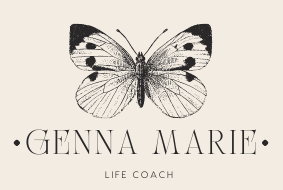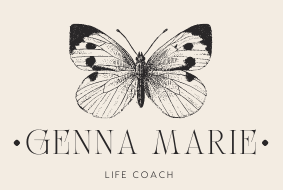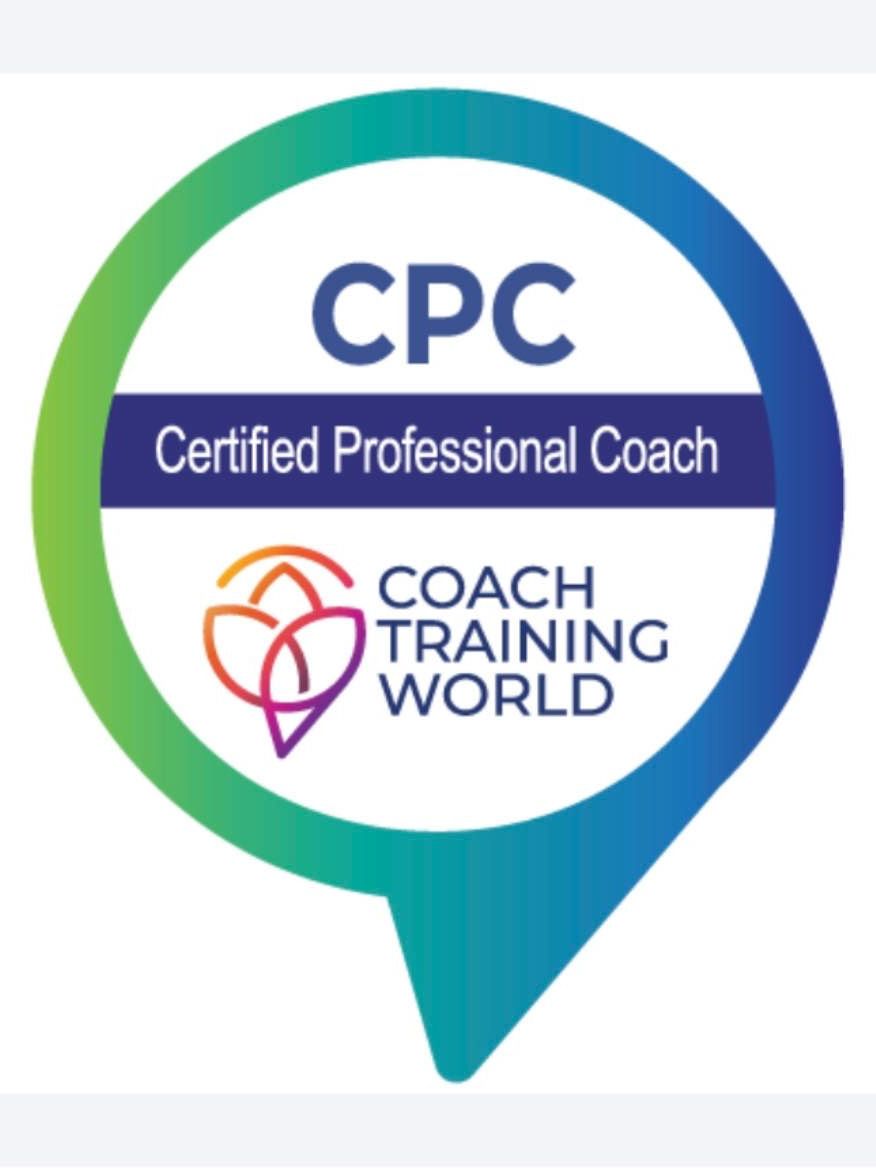Sex as Self-Care, Not Obligation
Sex as Self-Care, Not Obligation
For many people sex has long been framed as something we give, not something we experience. It becomes transactional, expected, or even endured. We might offer it to keep peace, maintain connection, fulfill a perceived duty, or avoid guilt. But when sex is shaped by obligation instead of desire, we lose the thread of who it’s really for.
Here’s the truth: sex should never feel like a chore.
At its best, sex can be a deeply nourishing part of life—a way to connect with yourself, your partner, and your body in meaningful, empowering ways. But to get there, we need to unlearn a lot of messaging about what sex should be and reclaim what sex can be.
What Society Tells Us About Sex
From early on, many of us are taught that sex is about pleasing others, performing well, or proving our worth. We’re handed scripts that say:
• “Good partners don’t say no.”
• “Desire should be spontaneous and constant.”
• “Men want sex, women give sex.”
• “Sex = penetration, and if you’re not doing that, it doesn’t count.”
These messages seep into our bodies. They dictate how we show up in relationships, how we relate to pleasure, and whether or not we feel safe saying yes—or no.
They also often ignore the most important truth: your sexuality is yours. It belongs to you before it ever belongs to anyone else.
Reclaiming Desire + Reconnecting to the Body
If you’ve ever said, “I’m just not in the mood anymore,” or “It feels like a task,” you’re not alone. Life transitions—like becoming a parent, navigating grief, surviving trauma, or going through a breakup—can all impact how we experience desire. And when society tells us that something is wrong with us for feeling this way, we turn inward with shame.
But often, the real issue isn’t desire—it’s disconnection.
Disconnection from:
• Your body as something for you instead of something to be looked at or used
• Your nervous system, which might be stuck in stress or trauma mode
• Your own definitions of pleasure, curiosity, and touch
In both my coaching and holistic sex education work, we gently rebuild that connection. I help people slow down, listen to their bodies, and reintroduce themselves to pleasure—not just sexual, but emotional, sensory, and soulful pleasure.
Sex as Self-Care
Sex as self-care doesn’t always mean sex with someone else. It could mean:
• Learning what turns you on without shame or comparison
• Reclaiming your sensuality in a body that has changed, grieved, or survived
• Creating rituals that help you feel grounded, playful, or alive
• Saying no when your body says no, and yes when you truly mean it
Self-care here isn’t just about bath bombs and candles (though those are nice!). It’s about ownership—about taking back your right to experience pleasure, explore curiosity, and express needs without guilt or performance.
And that’s the key shift:
Sex becomes something you choose for you, not something you give away out of obligation.
Where Coaching + Sex Education Meet
My approach blends compassionate coaching with inclusive, evidence-based sex education. We don’t just talk—we explore. We challenge old narratives. We reconnect with the body. We make room for grief, laughter, questions, and boundaries.
This work helps you:
• Move past shame-based or outdated cultural norms about sex
• Understand the nervous system and how it impacts arousal and safety
• Improve communication with partners (and with yourself)
• Shift from people-pleasing to embodied self-awareness
You don’t need to “fix” your sex life—you need to be supported in rediscovering it, on your own terms.
Final Thoughts
Whether you’re in a season of reconnection, curiosity, or healing, you deserve to explore your relationship with sex without pressure or judgment.
Coaching and sex education aren’t about making you more desirable to others. They’re about helping you feel more comfortable with yourself.
Because sex should be something that cares for you—not something you do to care for someone else.













